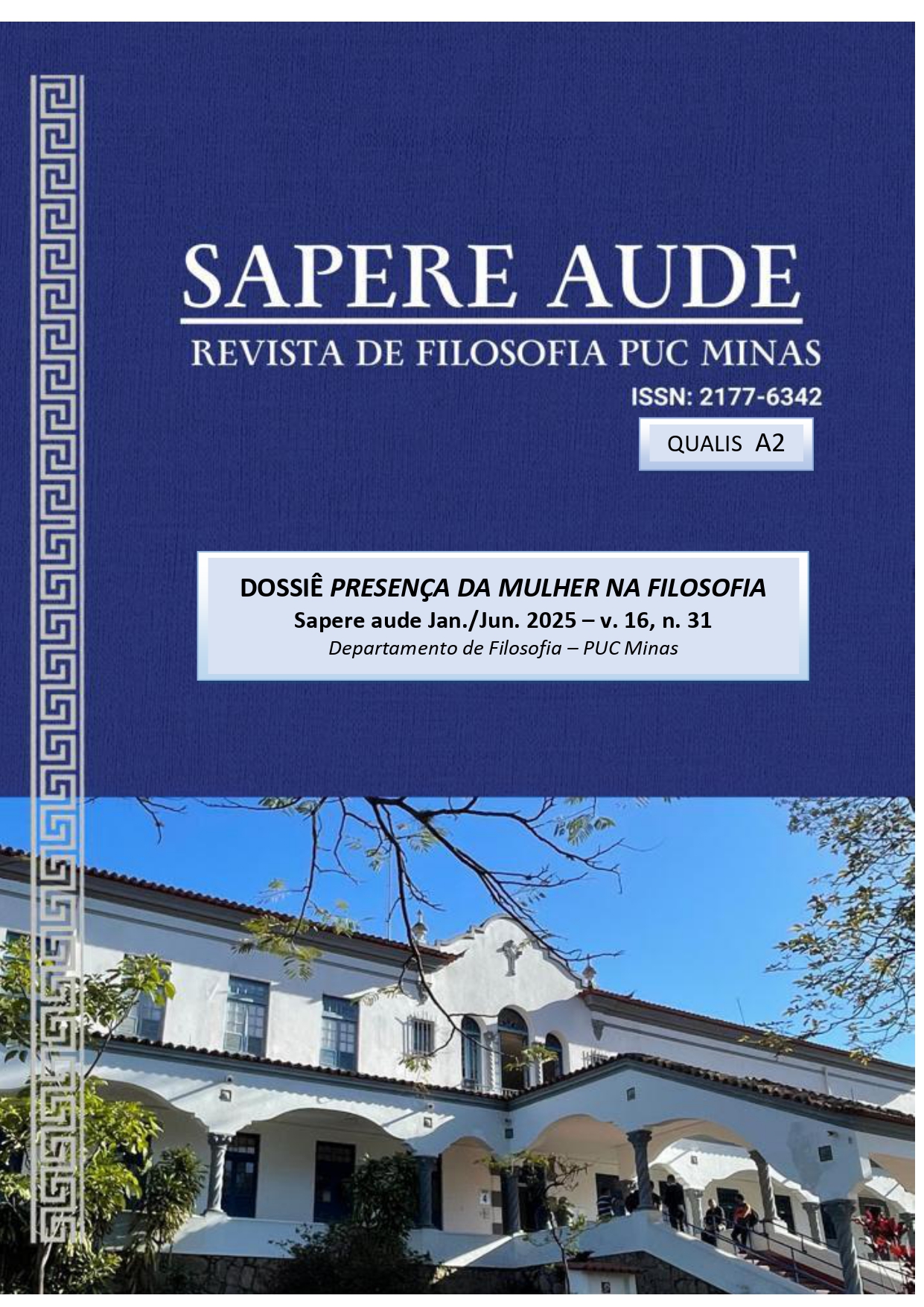THE ‘EMPTY ANTHROPOLOGICAL CONCEPTION’ IN THE WORK OF MACHIAVELLI
DOI:
https://doi.org/10.5752/P.2177-6342.2025v16n31p301-320Keywords:
Machiavelli, Anthropology, Republicanism, PolicyAbstract
The theme of anthropology, in Machiavellian work, is the source of various discussions and contradictions. In this article, we will dedicate ourselves the task of arguing that there is, in Machiavellian thought, an 'empty anthropological conception', which is not constituted as 'systematic anthropology', but acts as a guideline for a realistic political discussion in view of government needs. Our first step is to briefly point out a classical and medieval tradition, this last Christian, which establish a fixed and universal anthropological paradigm. Then we will turn to Machiavellian thought, seeking to demonstrate that: I – there is no fixed anthropological content; II – there is a distinction in the discussion about an alleged human nature and a political sphere; III – there is a 'politicization' of the concepts of 'evil' and 'good', surpassing the theological 'evil'; Finally, IV – there is an original political formulation of feelings of passion, desire and ambition. The originality of Machiavellian thought is exactly in the promulgation of an 'empty anthropological conception' without fixed content, which can be used as an application to political discussion in view of the needs imposed on the political body and forms of government.
Downloads
References
AGOSTINO. Opera omnia di Sant'Agostino. A cura di Franco Monteverde; colaborazione di Elena Passarini. Roma: Città Nuova, 2010. Nuova biblioteca agostiniana.
AMES, José Luiz. Maquiavel: a lógica da ação política. Cascavel: Edunioeste, 2002.
BIGNOTTO, Newton. A antropologia negativa de Maquiavel. Analytica, Rio de Janeiro, Vol. 12, nº2, 2008. pp. 77-100.
BOYER, Charles. Essais anciens et nouveaux sur la doctrine de Saint Augustin. Milano: Marzorati Editore, 1970.
CONTE, Pietro. L’errore lógico del Machiavelli: e i fondamenti metafisici della politica. 2. ed. Roma, Edizioni Paoline, [19--].
HASLAM, Jonathan. A necessidade é a maior virtude: o pensamento realista nas relações internacionais desde Maquiavel. Tradução de Waldéa Barcellos. São Paulo: Martins Fontes, 2006.
LEFORT, Claude. Les formes de l'histoire: essais d'anthropologie politique. [S.l.]: Gallimard, 1978.
MACHIAVELLI, Niccolo. Opere. A cura di Mario Bonfanini. Milano/Napoli: Riccardo Ricciardi Editore, 1954.
MANSFIELD, Harvey Claflin. Machiavelli’s virtue. Chicago: The University of Chicago Press, 1998.
PINZANI, Alessandro. Ghirlande di fiori e catene di ferro: istituzioni e virtù politiche in Machiavelli, Hobbes, Rousseau e Kant. Firenze: Le Lettere, 2006.
PLATÃO. Oeuvres completes. 5 ed. Paris: Belles Lettres, 1955.
RAHE, Paul A. Situating Machiavelli. In: HANKINS, James (Org.). Renaissance civic humanism: reappraisals and reflections. Cambridge: Cambridge University Press, 2000.
STRAUSS, Leo. Thoughts on Machiavelli. Chicago: The University of Chicago Press, 1978.
VINCIERI, Paolo. Natura umana e dominio: Machiavelli, Hobbes, Spinoza. Ravenna: Longo Editore, 1984.
Downloads
Published
How to Cite
Issue
Section
License
DECLARATION TERM:
I submit the presented work, an original text, for evaluation by the Sapere Aude journal of Philosophy and agree that its copyright will become the exclusive property of PUC Minas Publisher, prohibiting any reproduction, total or partial, in any other part or electronic/printed divulgation means before the necessary previous authorization is solicited and obtained from the Publisher. I also declare that there is no interest conflict between the aborded theme and the author, entrerprise, institution or individuals. I am not sure about this sentence and why it should be there. Do you publish any research that is subsidized by companies or that involves quantitative or qualitative interviews with participants?






